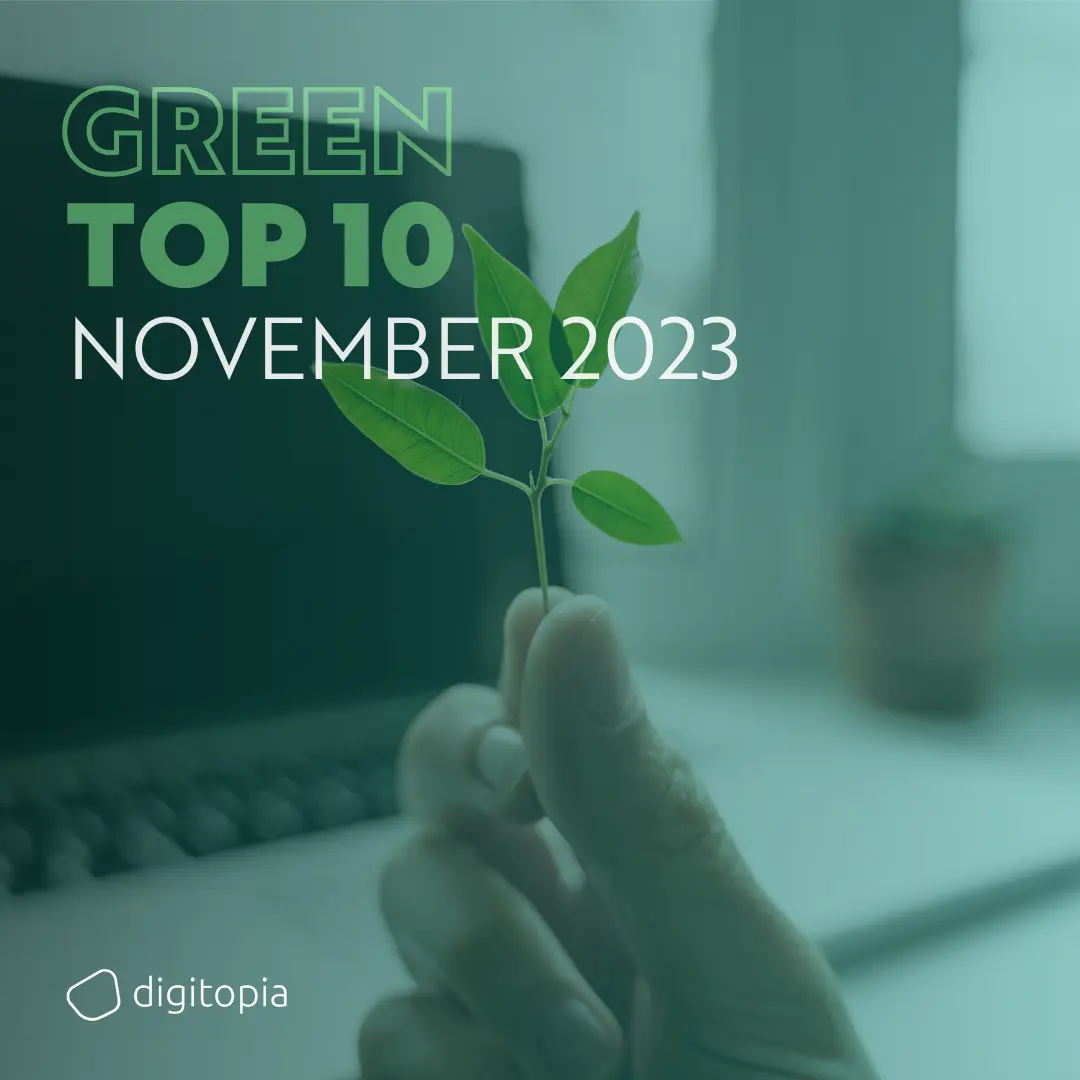
1- Climate Change Compels Italian Farmers to Prioritize Water Conservation
Italian farmers, faced with the growing challenges of climate change, are adopting innovative approaches to address water scarcity. The Rago Group, a family-owned agribusiness, has reduced its water consumption for rocket cultivation by 37% by utilizing a sensor and data analysis system called Hubfarm, which monitors soil moisture and climate conditions to optimize irrigation. Italy’s public irrigation infrastructure is struggling to meet water demands due to inadequate storage and losses during transit. While large-scale water storage projects are needed, they may take years to realize, and in the meantime, farmers are investing in private solutions like rainwater harvesting systems to secure their water supply. The government is incentivizing such efforts, with farmers investing €2.1 billion in sustainable practices in 2022, up from €300 million in 2018.
Source: Financial Times
2- Roaming Crustaceans Might Help Mitigate Climate Change
Scientists at the University of Exeter are investigating how tiny crustaceans, particularly copepods, might combat climate change by storing substantial carbon in the ocean. These copepods play a crucial role in keeping carbon out of the atmosphere and transporting it to the deep ocean, where it can be stored for centuries. Funded by the Natural Environment Research Council (NERC) BIO-Carbon program, the research aims to better understand their impact on carbon absorption in the ocean and the role of viral infections in global carbon cycling. This insight could enhance climate models and our understanding of the ocean’s carbon storage, particularly in the context of global efforts to achieve net-zero carbon emissions. Boaty McBoatface, an autonomous vehicle, will assist in data collection for the research.
Source: BBC
3- Analysis: IEA Data Suggests Global CO2 Emissions Might Reach Their Peak by 2023
Global carbon dioxide (CO2) emissions from energy use and industry could peak as early as this year, according to analysis of data from the International Energy Agency (IEA) by Carbon Brief. While the IEA’s World Energy Outlook 2023 anticipates emissions peaking “in the mid-2020s,” its data reveals that emissions could peak as soon as 2023 due to the “legacy” of the global energy crisis triggered by Russia’s invasion of Ukraine. This is partly driven by the “unstoppable” growth of low-carbon technologies, with solar capacity expected to surge. However, the IEA emphasizes that current climate policies are still inadequate to limit warming to 1.5°C.
Source: CarbonBrief
4- Climate Emergency: Scientists Warn Carbon Emissions Allowance Has Drastically Shrunk
The carbon budget necessary to limit global heating to 1.5°C, as per the Paris Agreement, has shrunk significantly and now stands at a “tiny” amount, signaling the inadequacy of current climate action efforts. This budget, half the size of the 2020 estimate, would be depleted within six years if emissions continue at current rates. To maintain a 50% chance of limiting global temperature rise below 1.5°C, emissions must reach net-zero by 2034, far faster than current policies dictate. The present UN ambition is to halve emissions by 2030 and achieve net-zero by 2050, but even if this goal is met, the chance of staying under 1.5°C remains slim. The study underscores the urgent need for more substantial action to combat climate change.
Source: The Guardian
5- Oil and Gas Firms Accidentally Release Vast Amounts of Wastewater in Texas
An Inside Climate News analysis uncovered almost 150 million gallons of toxic, highly saline wastewater spills from Texas oil and gas wells over the past decade. These spills, ranging from minor leaks to major incidents, are frequently underreported due to ambiguous regulations and record-keeping issues at the Railroad Commission of Texas. The analysis also revealed that only 40% of the spilled water was ever recovered. These spills are a consequence of conventional drilling and hydraulic fracturing, posing environmental threats and damaging land, property, and livestock in the affected areas.
Source: Inside Climate News
6- Electric Car Progress: A Year into the Stats
After a year of driving an electric vehicle (EV), the observations remains highly positive. They gathered and analyzed extensive data on their EV charging sessions, temperature conditions, monthly mileage, and electricity bills to provide a comprehensive assessment of EV performance in terms of range, charging efficiency, and financial aspects. The data-supported conclusion is that EVs are superior products and unquestionably represent the future of transportation. The availability of detailed historical data is highlighted as a significant advantage of EVs, enabling more precise insights compared to traditional vehicles.
Source: Andre’s Climate
7- What’s Driving Britain’s Step Back from Global Climate Leadership?
UK Prime Minister Rishi Sunak’s recent policy shift, which includes prioritizing oil production and postponing emissions-cutting measures, has drawn condemnation from environmentalists and business leaders. Sunak’s decisions are seen as politically motivated attempts to court right-wing voters before an upcoming election. These changes raise concerns about Britain’s global climate leadership and its ability to achieve net-zero emissions targets. The situation reflects a wider trend of shifting political attitudes toward climate action in Europe.
Source: Yale Environment 360
8- A Greener Option for Cooling Your Space
Researchers from McGill University, UCLA, and Princeton have developed a sustainable solution for cooling buildings in hot climates. Their study focuses on using roof materials that dissipate heat into space, even under direct sunlight, in conjunction with temperature-driven ventilation. By integrating these cooling materials into architectural design, they can effectively maintain indoor temperatures several degrees below ambient levels while ensuring proper air circulation. The researchers aim to benefit communities impacted by rising temperatures and heatwaves, encouraging collaboration between materials scientists, architects, and engineers to implement these innovative solutions effectively.
Source: McGill University
9- Over 50,000 Companies Obliged to Disclose Climate Impact in EU Despite Resistance
Over 50,000 EU companies will soon need to assess their environmental impact following the defeat of an effort by rightwing lawmakers to block new sustainability reporting standards. The legislation seeks to enhance corporate transparency regarding climate impact and will require around 11,000 listed companies to comply from 2024, eventually expanding to include non-listed large companies and listed small and medium enterprises by 2026. These standards define reporting criteria like pollution, water use, and community impact, and they’re part of a broader EU effort to reduce corporate red tape and increase sustainability.
Source: Financial Times
10- IEA Urges Adding or Replacing 50 Million Miles of Transmission Lines by 2040
The International Energy Agency (IEA) has stated that the world needs to add or replace 49.7 million miles of transmission lines by 2040 to meet climate goals and energy security priorities. This would require an annual investment of over $600 billion in electric grids by 2030, double the current global investment levels. While there’s significant progress in clean energy technologies like wind, solar, and electric vehicles, insufficient investment in transmission lines poses a bottleneck to further adoption. The IEA warns of dire consequences, including additional carbon emissions, if grid expansion doesn’t happen quickly enough. Building new transmission lines is a lengthy process, taking five to 15 years, highlighting the need for immediate action to support global decarbonization efforts.
Source: CNBC

